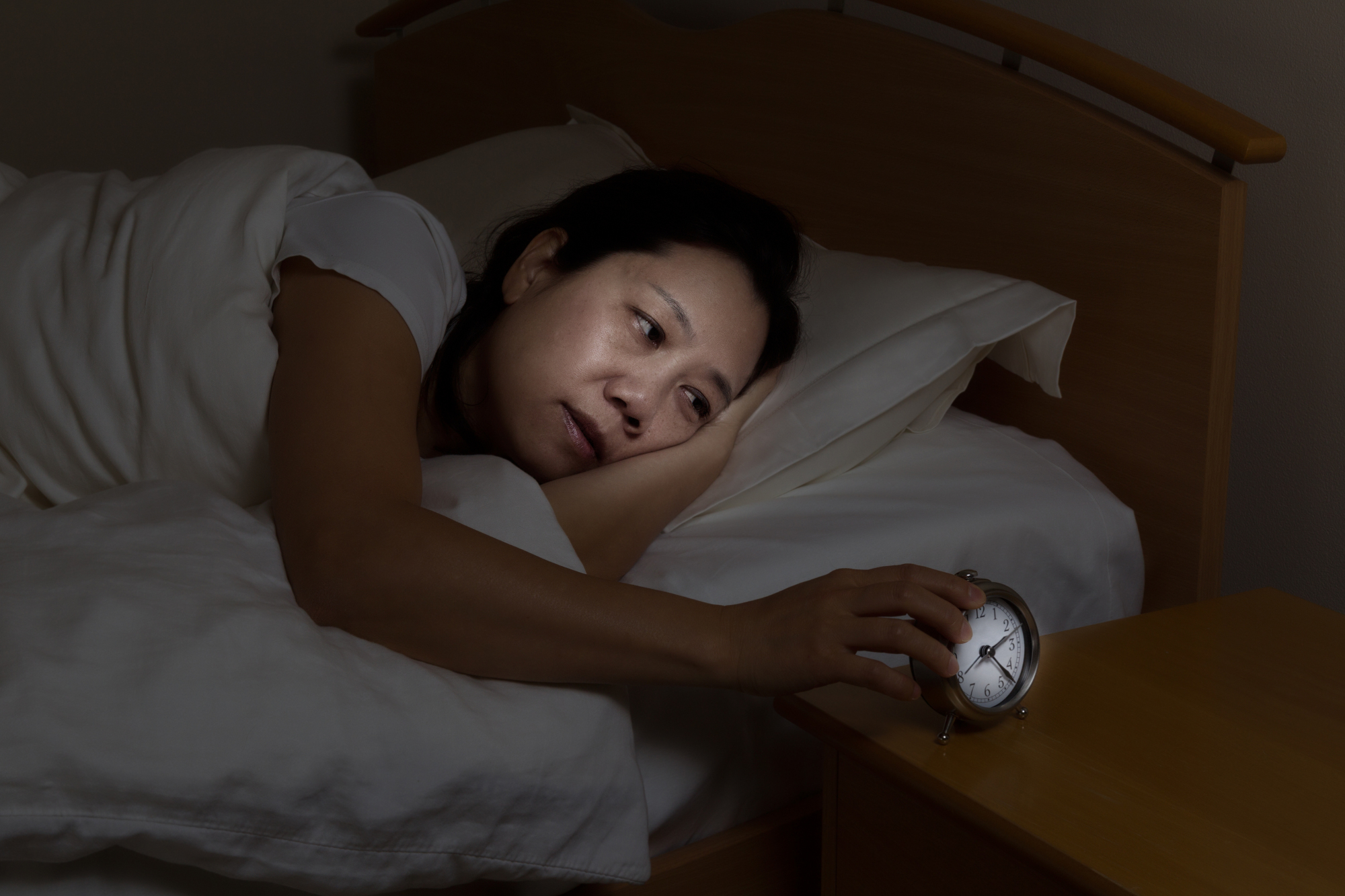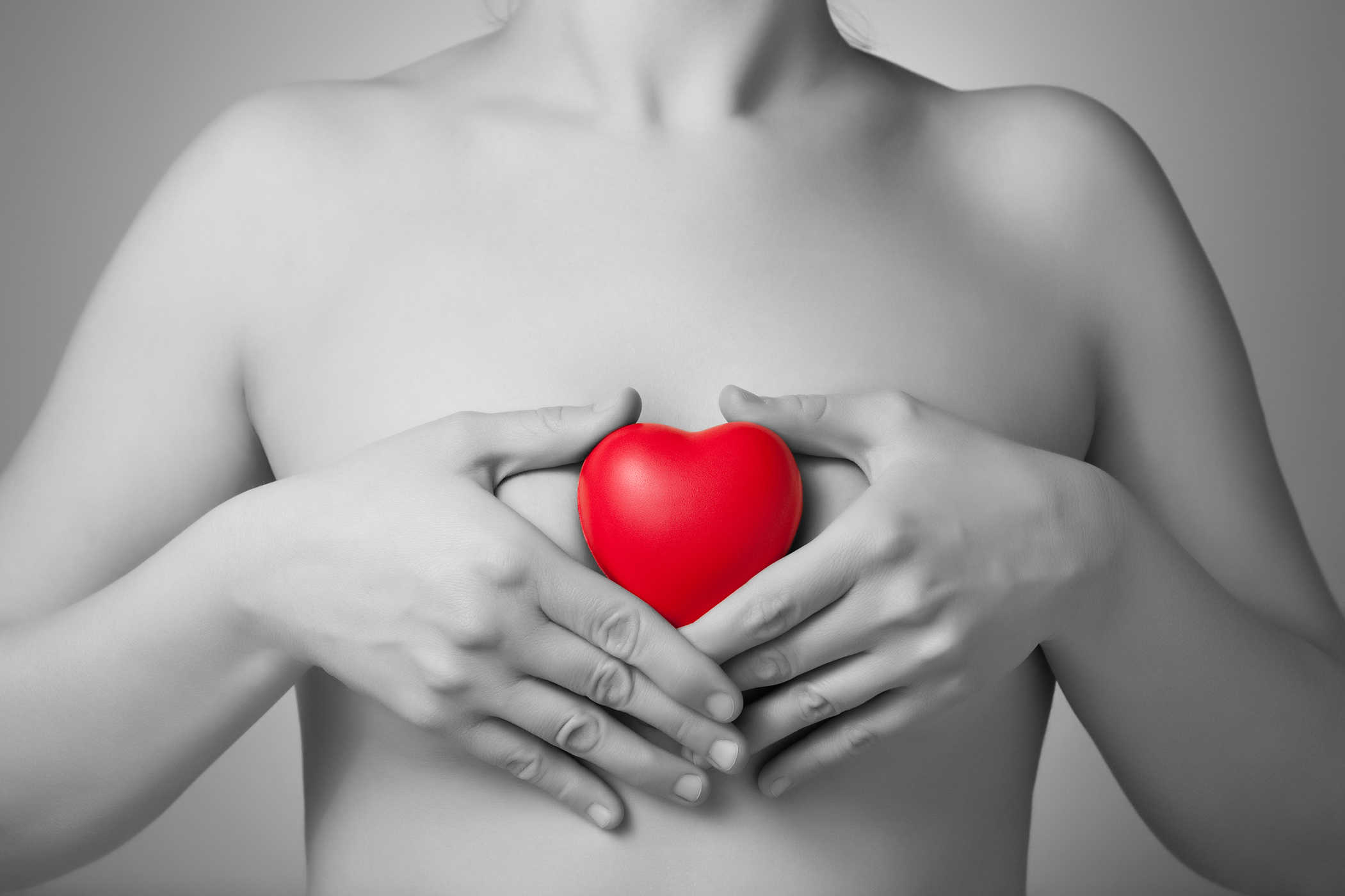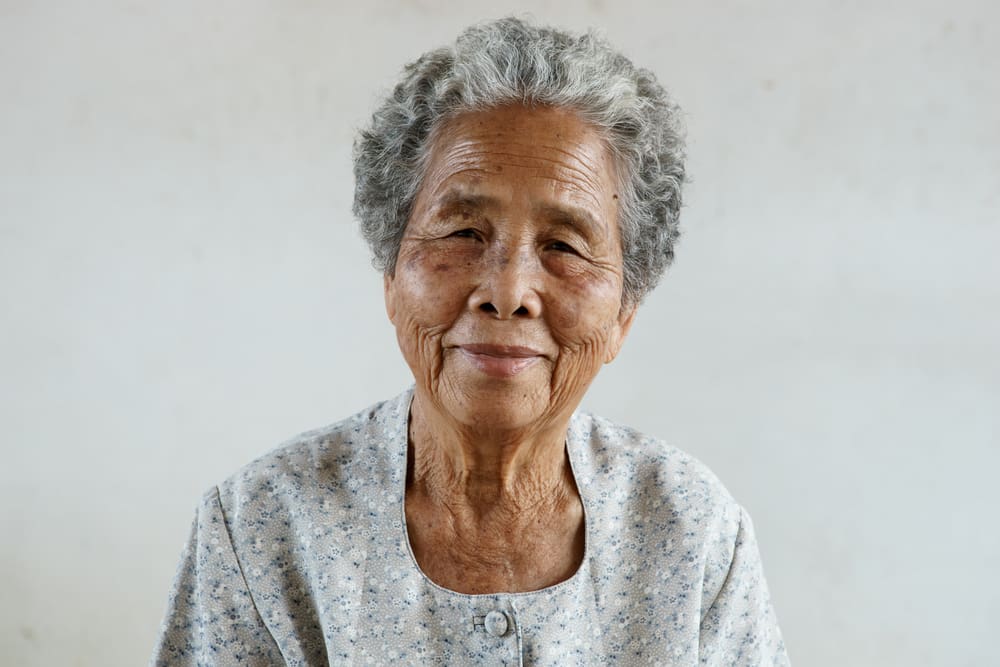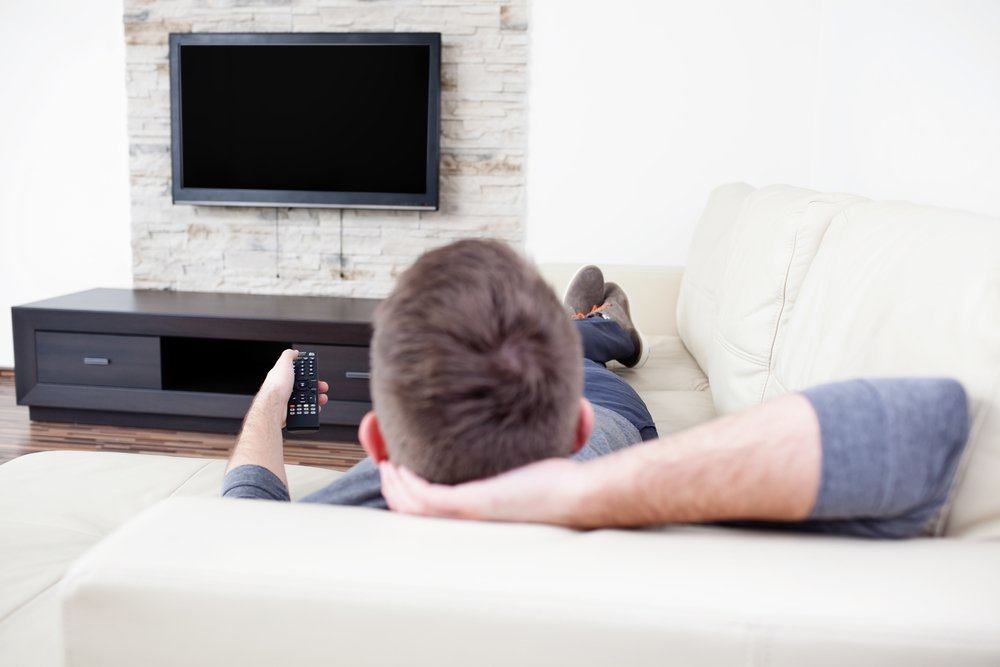Contents:
- Medical Video: The 11 Kinds of Insomnia
- The most common type of insomnia
- 1. Insomnia (sleep onset of insomnia)
- 2. Insomnia
- 3. Acute insomnia
- 4. Children's insomnia
- 5. Idiopathic insomnia
- 6. Insomnia due to drugs or certain chemicals
- 7. Insomnia due to a medical condition
- 8. Inorganic insomnia
- 9. Organic insomnia
- 10. Insomnia paradox
- 11. Psychological insomnia
Medical Video: The 11 Kinds of Insomnia
Most people only know that insomnia is a problem with difficulty sleeping. In fact, this definition is not quite right. Insomnia is the inability to get quality sleep so you can wake up in the morning with enthusiasm. Someone who has insomnia feels difficult to sleep at night, stays asleep all night, and / or can't sleep long enough according to the time needed by the body. There are also many types of insomnia.
The most common type of insomnia
Summarized from the International Classification of Sleep Disorder, there are eleven types of insomnia. Here's the review.
1. Insomnia (sleep onset of insomnia)
You are said to have difficulty sleeping when you find it difficult to start sleeping. You've been lying on the bed, you have closed your eyes and are ready to sleep, but you can't go to sleep. As a result, you continue to lie awake for hours, staring at the dark ceiling of the house.
Sleep onset insomnia also causes you to wake up often in the middle of the night and it is difficult to go back to sleep again, and / or always wake up much faster than desired. This insomnia can be caused by medical conditions or psychological problems, such as severe stress or anxiety disorders to depression.
2. Insomnia
Insomnia is a sleep disorder that causes you to feel very difficult to start sleeping, it is difficult to sleep well, or both at the same time.
This condition can become chronic, making you totally unable to sleep even when you want to sleep. Chronic insomnia can last up to at least three consecutive nights in one week and run for a month or more.
If you experience insomnia, you will usually wake up tired, which can affect your ability to move during the day.
3. Acute insomnia
This sleep disorder is also often referred to as short-term insomnia or recurrent insomnia. Acute insomnia can last from one night to several weeks.
The reason can be because you are feeling stressed. The type of acute insomnia will usually disappear after you can overcome the stressors. However, this can also be caused by excessive thinking about something, including when you are too happy.
4. Children's insomnia
This type of insomnia occurs when children will not sleep unless their parents or caregivers force them to sleep. If children are accustomed to having hours of sleep, then they will tend to have normal hours of sleep while children who are not accustomed to having hours of sleep tend to be easier to wake up at night.
5. Idiopathic insomnia
Idiopathic insomnia is a sleep disorder that occurs for life, starting with a baby or childhood and continuing into adulthood. This type of insomnia is not yet known.
This might be caused by a hormonal imbalance that affects your body's biological clock. For example, the hormone melatonin is produced too little at night, so you just feel fit throughout the night.
6. Insomnia due to drugs or certain chemicals
This type of insomnia is usually caused by stimulant intake from the consumption of certain drugs, caffeine, alcohol, and / or certain foods - for example, spicy food - so you can sleep well.
The only way to stop this insomnia is to stop using drugs or foods and drinks that contain a chemical that makes it difficult to sleep.
7. Insomnia due to a medical condition
Some types of mental disorders can cause insomnia as one of the symptoms. For example, depression, bipolar disorder, and anxiety disorders. ADHD, although not classified as a mental illness, can also cause sleep problems.
The severity of this type of insomnia is directly related to how severe the condition is. But usually, the treatment of these two interrelated conditions will be separated - especially if your insomnia level is severe.
8. Inorganic insomnia
This type of insomnia is caused by mental health disorders and psychological factors. This type of non-organic insomnia is usually used when a person with insomnia does not meet the criteria for the other ten types of insomnia.
9. Organic insomnia
This type of insomnia is caused by medical disorders, physical conditions, or exposure to certain chemical compounds. However, the exact cause remains unclear. Further testing is needed to find out the exact cause. The name of this insomnia can be used temporarily until the patient gets a further diagnosis.
10. Insomnia paradox
Paradoxical insomnia is a complaint of severe insomnia. People with this disorder often claim to sleep only briefly or even not sleep at all for one night or more. Sometimes these types of insomnia patients also feel they have a strong awareness of the environment or are easily awake, easily angry, and too excited.
The main characteristic of this type of paradoxical insomnia is that you need a very long time to fall asleep, but also underestimate the total hours of sleep.
11. Psychological insomnia
This type of insomnia is caused by anxiety disorders. People who feel anxiety will find it difficult to start sleeping. In addition, anxiety can also make it difficult for a person to maintain sleep, so he often wakes up in the middle of the night and has difficulty sleeping again.
Anxiety can be caused by many things, including stress due to financial conditions, future, and anxious to assume job responsibilities. Even anxiety and panic due to not being able to sleep can make someone really unable to sleep.
Which type of insomnia do you have?












